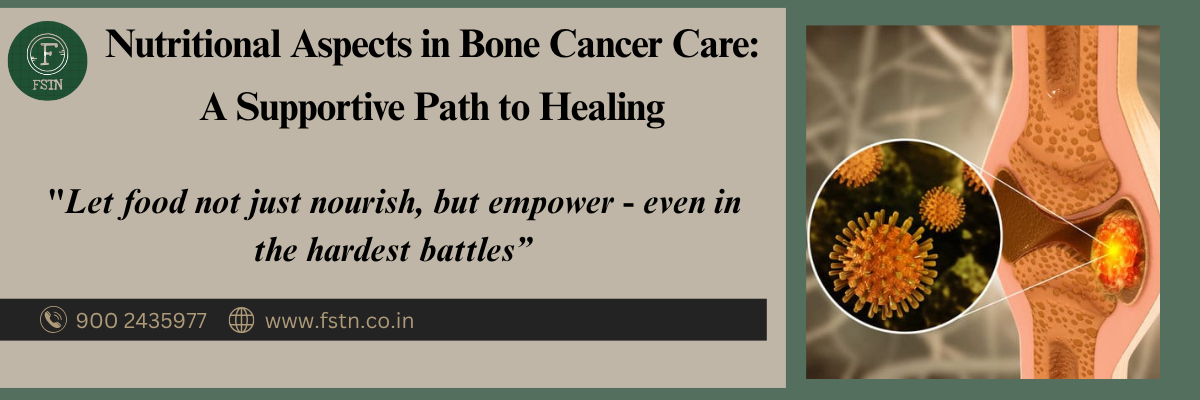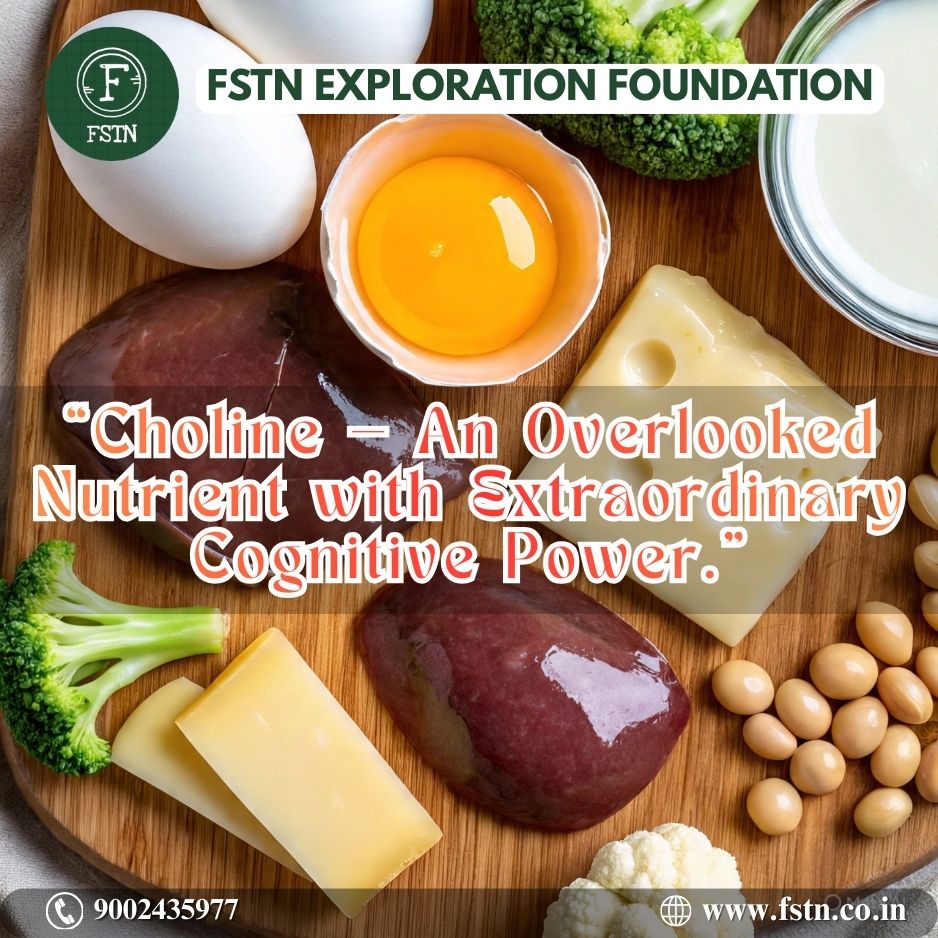Bone cancer, though rare, is a challenging condition that affects the skeletal system, causing pain, fatigue, and often significant lifestyle changes. While treatment typically involves surgery, chemotherapy, and radiation, nutrition plays a crucial supportive role in strengthening the body and improving overall well-being during and after treatment.
The Nutritional Impact of Bone Cancer:
Cancer and its treatment can lead to a host of nutritional issues — reduced appetite, weight loss, muscle wasting, nausea, and weakened bones. These symptoms not only affect quality of life but may also hinder recovery. Therefore, a well-planned, nutrient-rich diet becomes essential for patients battling bone cancer.
Key Nutrients for Bone Cancer Patients:
1. Protein:
Protein supports tissue repair and immune function, both vital during cancer treatment. Lean meats, fish, eggs, legumes, and dairy can help maintain muscle mass and energy levels.
2. Calcium and Vitamin D:
Since bone integrity is directly impacted, calcium and vitamin D are critical. These nutrients support bone strength and reduce the risk of fractures. Dairy products, fortified plant-based milks, leafy greens, and exposure to sunlight are excellent sources.
3. Antioxidants:
Found in colorful fruits and vegetables, antioxidants like vitamins C and E help combat inflammation and protect cells from treatment-related oxidative stress.
4. Omega-3 Fatty Acids:
These healthy fats, found in flaxseeds, walnuts, and fatty fish like salmon, can help reduce inflammation and promote overall health.
5. Hydration:
Adequate fluid intake is often overlooked but is essential, especially when patients experience vomiting or diarrhoea. Water, broths, and electrolyte-rich fluids support kidney function and overall hydration.
Supporting Nutrition in RT (Ryle’s Tube) Feeding :
For bone cancer patients on Ryle’s Tube (RT) feeding, nutrition remains a vital pillar of recovery. When oral intake is not possible due to treatment or complications, enteral feeding ensures the body receives healing nutrients. High-protein feeds like blended rice and dal support tissue repair and muscle maintenance, while vegetable soups provide vitamins, minerals, and antioxidants to boost immunity and reduce inflammation. Mashed bananas deliver energy, potassium, and fiber, and when diluted with milk, they also offer calcium and vitamin D to strengthen bones. These hygienically prepared, well-strained feeds, given slowly in small amounts every few hours, can safely meet nutritional needs and empower the healing journey.
Nutritional Strategies for Better Outcomes:
- Small, frequent meals: These help manage nausea and ensure consistent energy intake.
- Smoothies and shakes: Nutrient-dense drinks are easier to consume when appetite is low.
- Supplements: Under professional guidance, supplements may fill nutritional gaps without overburdening the digestive system.
Diet plays a powerful role in the healing journey — helping patients tolerate treatment, maintain strength, and enhance quality of life. A personalized plan from an oncologist and dietitian can make a lasting impact.
Let food not just nourish, but empower — even in the hardest battles.



